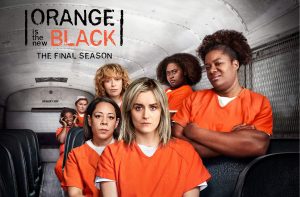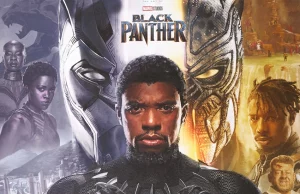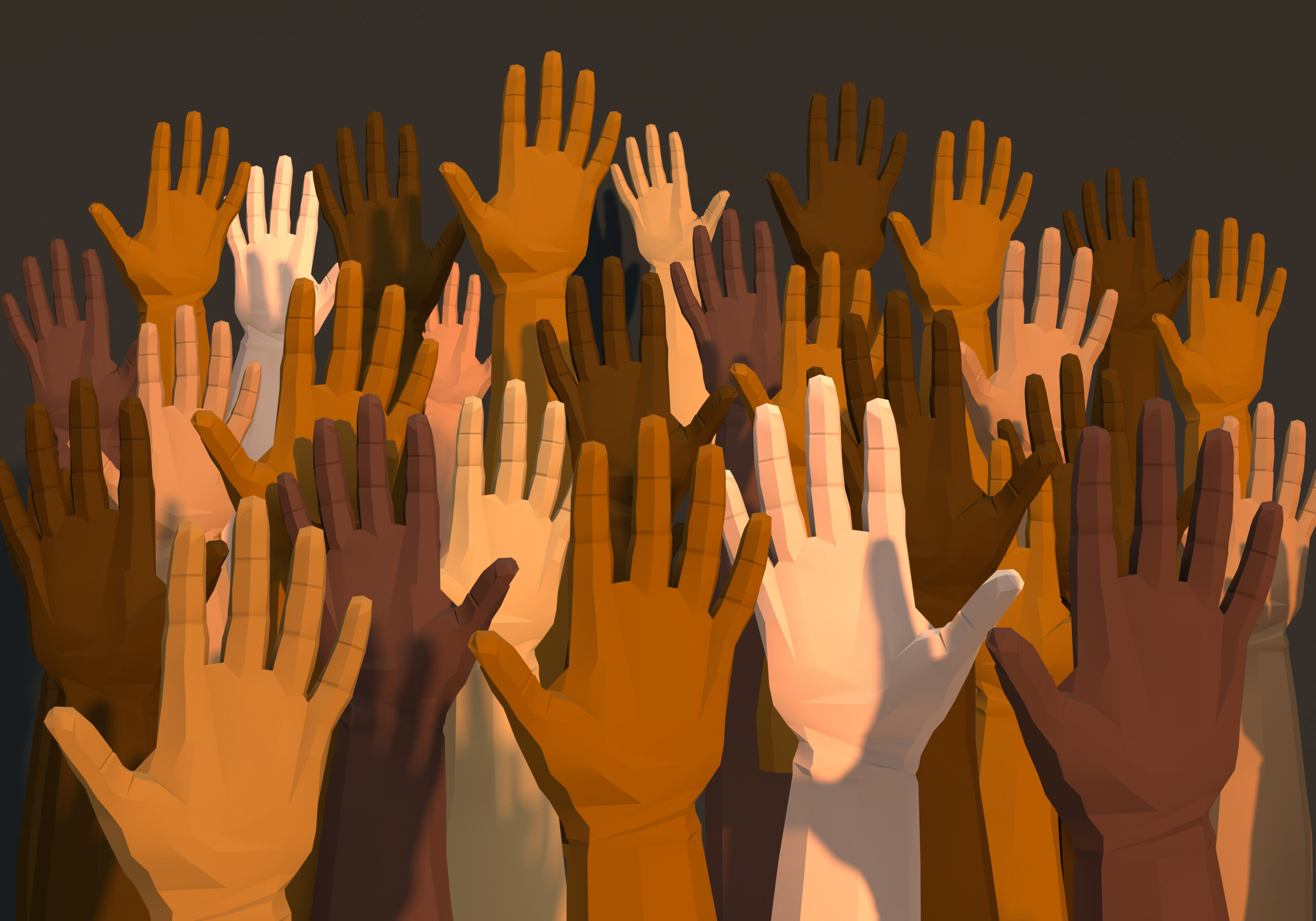Introduction
In recent years, the intersection of social justice and entertainment has become an increasingly prominent topic. Social justice, which encompasses issues such as equality, human rights, and fair treatment, has found its way into various forms of entertainment content. From movies and television shows to music and video games, entertainment media is not only reflecting societal changes but also actively participating in the dialogue around social justice.
This article aims to explore the role of social justice in entertainment content, examining how it has evolved, the impact it has on audiences, and the challenges and opportunities it presents for creators. By delving into these aspects, we hope to provide a comprehensive understanding of how social justice is shaping and being shaped by the world of entertainment.
The Evolution of Social Justice in Entertainment

-
Historical Context
The concept of social justice in entertainment is not new. Historically, entertainment has often mirrored the social and political climates of its time. For instance, during the Civil Rights Movement in the United States, many films and television shows began to address issues of racial inequality and discrimination. Similarly, the feminist movements of the 1960s and 1970s saw a rise in content that highlighted women’s rights and gender equality.
-
Modern Developments
In the 21st century, the role of social justice in entertainment has become more pronounced. The advent of social media and the internet has given a platform for marginalized voices and has made it easier for audiences to demand more inclusive and representative content. Movements such as MeToo, Black Lives Matter, and LGBTQ+ rights have significantly influenced the themes and narratives presented in modern entertainment.
Impact on Audiences

-
Representation Matters
One of the most significant impacts of incorporating social justice into entertainment content is the increased representation of diverse groups. Representation matters because it allows individuals from various backgrounds to see themselves reflected in the media they consume. This can foster a sense of belonging and validation, which is especially important for historically marginalized communities.
-
Shaping Public Perception
Entertainment has the power to shape public perception and influence societal norms. By addressing social justice issues, entertainment content can educate audiences, challenge prejudices, and promote empathy. For example, television shows like “Orange is the New Black” have brought attention to issues within the criminal justice system, while movies like “Moonlight” have highlighted the struggles of LGBTQ+ individuals.
Challenges and Opportunities for Creators

-
Balancing Entertainment and Advocacy
One of the primary challenges for creators is finding the balance between entertainment and advocacy. While it is important to address social justice issues, creators must also ensure that their content remains engaging and enjoyable for audiences. Striking this balance can be difficult, but it is essential for creating impactful and sustainable content.
-
Risk of Tokenism
Another challenge is the risk of tokenism, where characters from marginalized groups are included in content merely to tick a diversity box, without giving them meaningful roles or development. Tokenism can be counterproductive, as it can reinforce stereotypes and fail to provide genuine representation.
-
Opportunities for Innovation
Despite these challenges, the focus on social justice in entertainment also presents numerous opportunities for innovation. Creators have the chance to tell new and diverse stories that have not been traditionally represented in mainstream media. This can lead to more creative and original content that resonates with a broader audience.
Case Studies

-
Film
Movies like “Black Panther” and “Get Out” have been praised for their social justice themes. “Black Panther” not only provided representation for Black audiences but also addressed issues of colonialism and identity. “Get Out” explored the horrors of racism in a unique and thought-provoking way, sparking important conversations about race relations.
-
Television
Television shows such as “Pose” and “The Handmaid’s Tale” have also made significant contributions to the discourse on social justice. “Pose” has been lauded for its portrayal of LGBTQ+ characters, particularly transgender individuals, while “The Handmaid’s Tale” has served as a powerful commentary on women’s rights and bodily autonomy.
-
Music
In the music industry, artists like Beyoncé and Kendrick Lamar have used their platforms to address social justice issues. Beyoncé’s “Lemonade” album and visual project tackled themes of Black womanhood and empowerment, while Kendrick Lamar’s “To Pimp a Butterfly” delved into issues of systemic racism and social inequality.
-
Video Games
The video game industry has also seen a rise in socially conscious content. Games like “The Last of Us Part II” and “Life is Strange” have been praised for their diverse characters and exploration of complex social issues. These games not only provide entertainment but also encourage players to think critically about the world around them.
The Future of Social Justice in Entertainment

-
Continued Demand for Diverse and Inclusive Content
The momentum for social justice in entertainment shows no signs of slowing down. As audiences continue to demand more diverse and inclusive content, creators and producers will likely respond with stories that reflect the changing cultural landscape. The success of these projects suggests that there is both an ethical and a commercial incentive to produce socially conscious media.
-
Expanding Beyond Film and Television
Social justice themes are also expanding beyond traditional film and television into other forms of entertainment, including music, video games, and interactive media. Musicians like Beyoncé and Kendrick Lamar have used their platforms to address racial and social issues, while video games like Life is Strange and The Last of Us Part II explore themes of identity, trauma, and resilience.
As technology continues to evolve, new forms of media and storytelling will emerge, offering even more opportunities for social justice to be integrated into entertainment. Virtual reality, augmented reality, and other immersive experiences could provide powerful new ways to engage audiences with social justice issues, making them active participants in the narratives.
Conclusion
The role of social justice in entertainment content is multifaceted and ever-evolving. As society continues to grapple with issues of equality and human rights, entertainment will undoubtedly remain a crucial platform for reflection, education, and advocacy. By understanding the impact of social justice on entertainment, we can better appreciate the power of media to influence and inspire positive change in the world.
This exploration into the role of social justice in entertainment content underscores the importance of representation, the potential for shaping public perception, and the challenges and opportunities faced by creators. As we move forward, it is essential for both creators and audiences to continue engaging with and supporting content that promotes social justice, ensuring that entertainment remains a force for good in our society.




